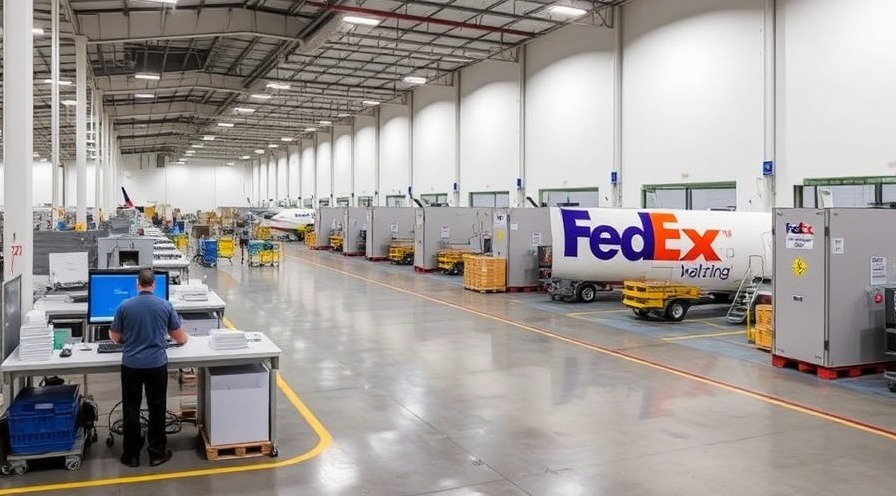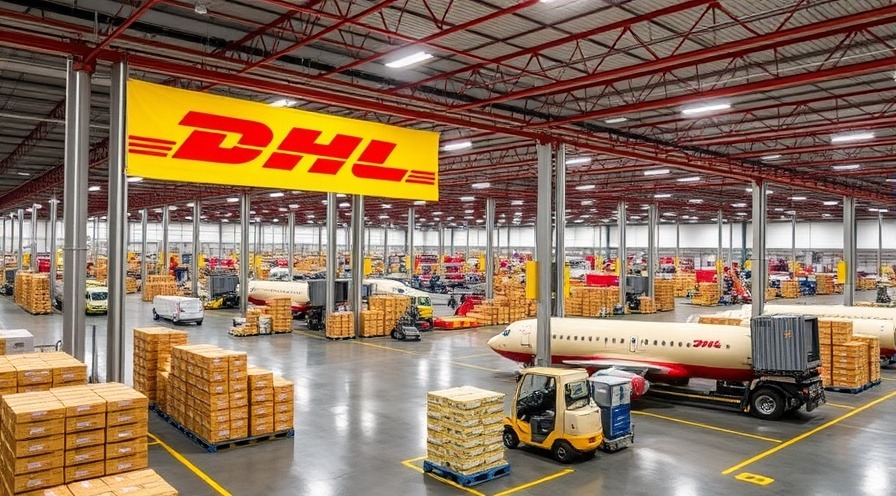
If new tariffs are imposed on imported goods, major shipping carriers like UPS, FedEx, and DHL will likely experience a mix of challenges and opportunities. Here’s how these tariffs could impact them collectively and individually:
Negative Impacts:
-
Reduced International Shipping Volume
Higher tariffs raise the cost of imported goods, leading businesses and consumers to cut back on orders from overseas.
This could reduce the number of international parcels handled by carriers, particularly affecting DHL, which specializes in global shipping.
-
Disruptions in Supply Chains
Companies might shift production to new countries to avoid tariffs, leading to short-term instability in shipping patterns.
FedEx and UPS, which rely on predictable trade flows, might see fluctuating demand as businesses adjust sourcing strategies.
-
Potential Increase in Operational Costs
If tariffs extend to fuel, aircraft parts, or delivery vehicles, carriers may face rising operational expenses.
These costs could be passed on to customers through higher shipping rates.

Potential Benefits:
-
Increase in Domestic Shipping
If companies choose to manufacture or source products domestically to avoid tariffs, carriers could see higher domestic shipping volumes.
This could be a boost for UPS and FedEx, which have strong domestic logistics networks.
-
Opportunities in New Trade Routes
Companies seeking to avoid tariffs on goods from China or other affected regions may shift sourcing to countries like Vietnam, India, or Mexico. Albeit, these countries may also be affected by the new tariffs.
This could increase shipments from alternative manufacturing hubs, benefiting international shipping services.
-
Higher Demand for Customs & Brokerage Services
More complex trade regulations due to tariffs mean companies need help navigating customs.
UPS, FedEx, and DHL offer customs brokerage services, which could see increased demand in these services.

Overall Outlook:
Short-term pain due to trade disruptions and lower international shipping volumes.
Long-term adaptation as supply chains shift, possibly benefiting alternative shipping lanes.
Mixed impact depending on each carrier’s strength in domestic vs. international markets. At the end of the day these major U.S. Carriers will adapt to the new changes in the markets due to the newly imposed tariffs. It's also important to keep in mind that some of these tariffs are reciprocal in nature and may only be temporary until the U.S. and it's trading partners work out a solution.
 Add Row
Add Row  Add
Add 




Write A Comment